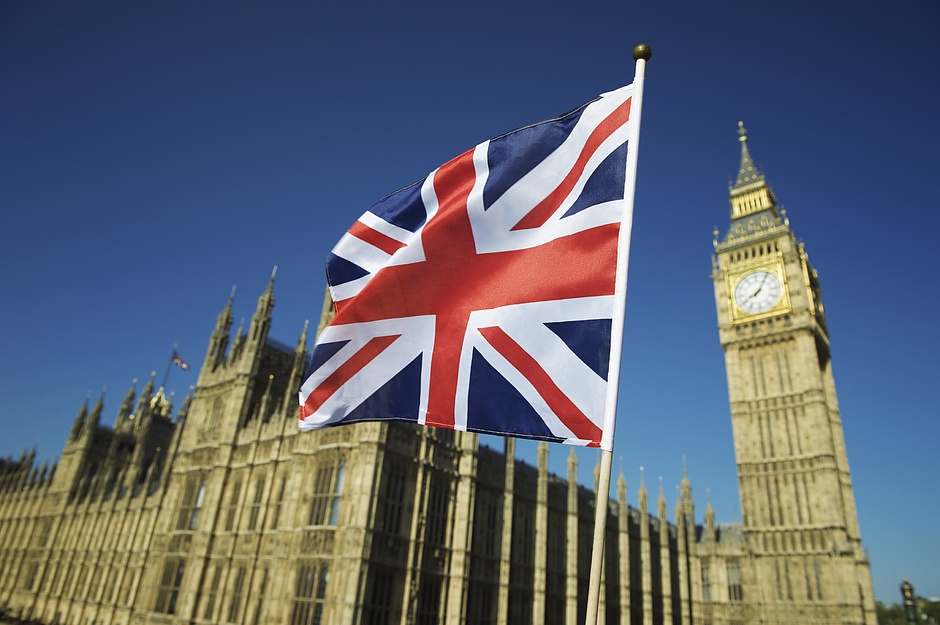UK Autumn Forecast Statement: We will reduce debt, cut taxes, reward work in this statement

UK Finance Minister Jeremy Hunt announced the Autumn Forecast Statement on Wednesday, stating that “we will reduce debt, cut taxes, reward work in this statement.”
Additional takeaways from the Autumn Statement
We will cut business taxes.
The Office for Budget Responsibility (OBR) says combined impact of these measures will reduce inflation and raise GDP.
OBR says inflation will fall to 2% target in 2025.
We will back BoE to do whatever it takes to get inflation back to target.
Working-age welfare benefits to be uprated by 6.7% Sept inflation rate.
We will increase support for housing costs through local housing allowance.
I have decided to freeze all alcohol duties until Aug. 1 next year.
We will raise pensions by full triple lock commitment.
From April 2024 will increase state pensions by 8.5%.
We will increase support for housing costs through local housing allowance.
We will spend GBP104 bln on cost of living pressures.
Will consult on giving savers legal right to require new employer to pay pension contributions into their existing pension pot.
Market reaction
The Budget update seems to have little to no impact on the Pound Sterling, leaving GBP/USD modestly flat at 1.2535, as of writing.
Pound Sterling FAQs
What is the Pound Sterling?
The Pound Sterling (GBP) is the oldest currency in the world (886 AD) and the official currency of the United Kingdom. It is the fourth most traded unit for foreign exchange (FX) in the world, accounting for 12% of all transactions, averaging $630 billion a day, according to 2022 data.
Its key trading pairs are GBP/USD, aka ‘Cable’, which accounts for 11% of FX, GBP/JPY, or the ‘Dragon’ as it is known by traders (3%), and EUR/GBP (2%). The Pound Sterling is issued by the Bank of England (BoE).
How do the decisions of the Bank of England impact on the Pound Sterling?
The single most important factor influencing the value of the Pound Sterling is monetary policy decided by the Bank of England. The BoE bases its decisions on whether it has achieved its primary goal of “price stability” – a steady inflation rate of around 2%. Its primary tool for achieving this is the adjustment of interest rates.
When inflation is too high, the BoE will try to rein it in by raising interest rates, making it more expensive for people and businesses to access credit. This is generally positive for GBP, as higher interest rates make the UK a more attractive place for global investors to park their money.
When inflation falls too low it is a sign economic growth is slowing. In this scenario, the BoE will consider lowering interest rates to cheapen credit so businesses will borrow more to invest in growth-generating projects.
How does economic data influence the value of the Pound?
Data releases gauge the health of the economy and can impact the value of the Pound Sterling. Indicators such as GDP, Manufacturing and Services PMIs, and employment can all influence the direction of the GBP.
A strong economy is good for Sterling. Not only does it attract more foreign investment but it may encourage the BoE to put up interest rates, which will directly strengthen GBP. Otherwise, if economic data is weak, the Pound Sterling is likely to fall.
How does the Trade Balance impact the Pound?
Another significant data release for the Pound Sterling is the Trade Balance. This indicator measures the difference between what a country earns from its exports and what it spends on imports over a given period.
If a country produces highly sought-after exports, its currency will benefit purely from the extra demand created from foreign buyers seeking to purchase these goods. Therefore, a positive net Trade Balance strengthens a currency and vice versa for a negative balance.
Author

Dhwani Mehta
FXStreet
Residing in Mumbai (India), Dhwani is a Senior Analyst and Manager of the Asian session at FXStreet. She has over 10 years of experience in analyzing and covering the global financial markets, with specialization in Forex and commodities markets.

















